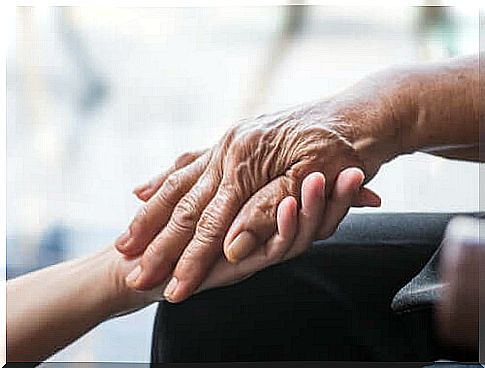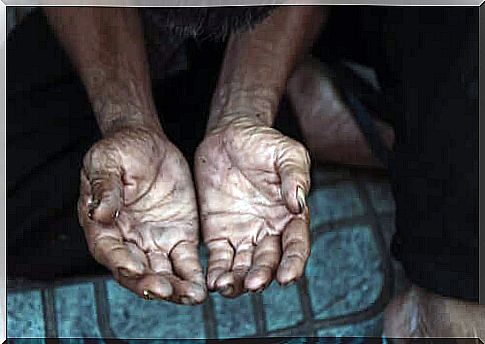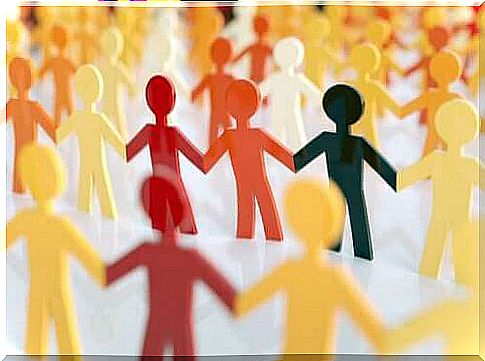The Role Of Social Services In The Fight Against Poverty

The great global economic crisis of 2008 further accentuated the chasm of inequalities in society. Thousands of people have suffered from its consequences, leaving many families in a situation of social exclusion. This phenomenon was especially accentuated in the most vulnerable areas. As a result, the demand for social services has increased dramatically.
Poverty is generally associated with low income. In addition, it is often measured by the income of individuals or their households. However, there is not a universal or absolute criterion, but a relative criterion. This refers to the moment at which the measurement is carried out and the average level of income in a given territorial area (Del Barrio, 2014).
We must first understand that the concept of poverty is multidimensional. There is not just one approach to it and poverty does not affect just one area. That is why we want to come a little closer to it and distinguish a few important terms.

Poverty and social exclusion
Poverty, as we mentioned before, does not have a single definition or classification. We can measure this phenomenon in several ways (Del Barrio, 2014):
- Depending on the type of basic information used to measure it: objective or subjective
- By taking into account the reference used to establish the poverty lines: absolute or relative
- Depending on the period of time studied: transversal (over a fixed year) or long-term / persistent
- Thanks to analyzes based on the inability to access basic necessities: multidimensional deprivation
For the United Nations Development Program (UNDP), poverty means lack of access to options and opportunities to live a decent life. This program takes as a reference the Multidimensional Poverty Index (MPI). This index was designed to reflect the deficiencies that people simultaneously suffer from. It brings together both the incidence of these multidimensional deficiencies and their intensity.
The same goes for the term “social exclusion”. It affects individuals, people and geographic areas. Therefore, it can be seen not only in terms of income levels but it can also be linked to issues such as health, education, access to services, housing and debt. In this way, the phenomena that derive from social exclusion include (Spicker, Álvares y Gordon, 2009):
- The upsurge in homeless people
- Urban crises
- Ethnic tensions
- The increase in long-term unemployment
- High and persistent rates of poverty
The role of social services in the fight against poverty
There is no doubt that social services are a fundamental pillar of the welfare system. The professionals who work on a daily basis to provide good care to the beneficiaries study each case. This is why they offer lines of work adapted to each case.
Although social services offer different types of help to improve or meet the demands they receive, it is not really about fixing the problem.
That is why it is recommended to abandon paternalism and start working with the person so that he can develop skills that allow him to face both the current problem as well as future problems. From the point of view of social services, we must try to educate the people who come to see us, so that they do not fall into a continuous and chronic situation.

As a general rule, a series of criteria must be met in order to be able to access the different types of existing aid. These aids can be:
- Rent payment
- Grocery shopping aid
- Social assistance for costs related to electricity, water, etc.
- Help in finding a job
- Help to pay the bills
- Training assistance
- Organization and planning of family resources
So, although money is a big help, working with profits should be the most important. This is why the development of individualized care or integration projects, for those who seek to achieve achievable goals, may be the best long-term solution.
In this sense, let us remember the need to make people free and autonomous, able to manage their own lives and solve their problems.










